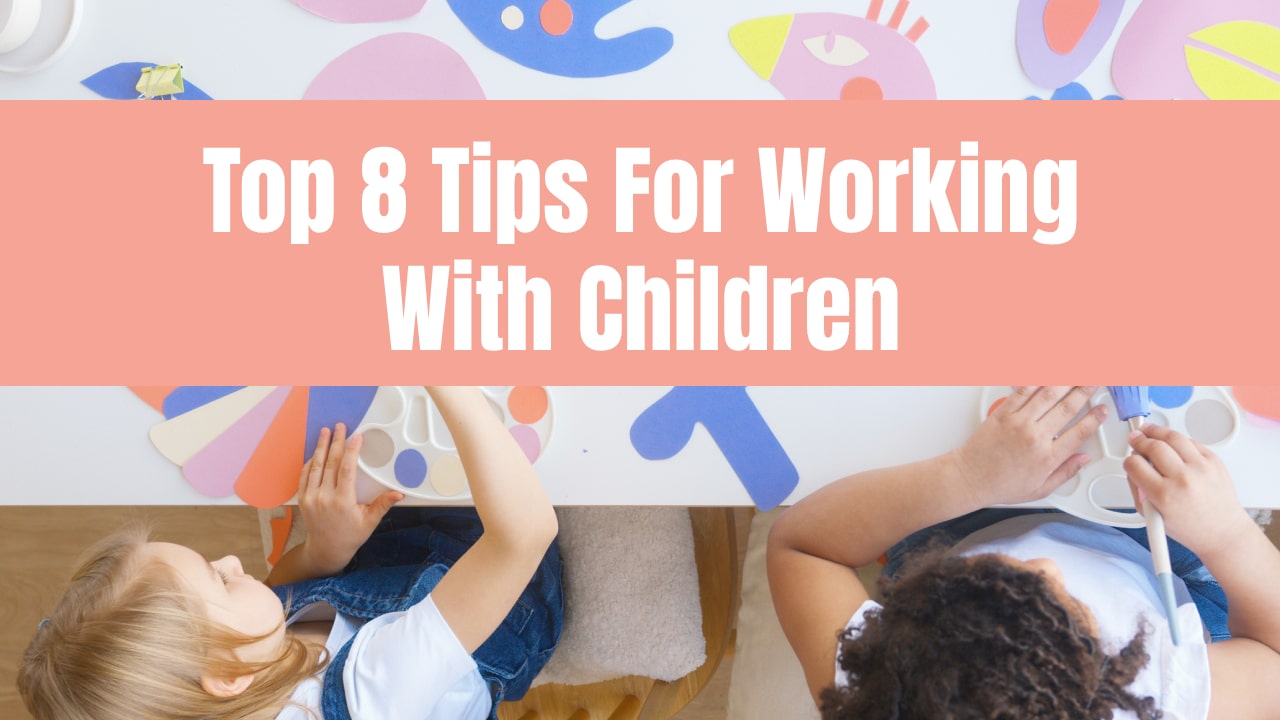Whether they’re children aged under 10 or teenagers who think they’re grown up, children are hard to handle on a daily basis. From teachers to doctors, there are plenty of jobs dealing with children and their parents, and whether you’re looking after them at school or treating them at the hospital, managing young people can be challenging. Here are eight of our top ways to ensure that you and the child/children in question get the best out of your time together.
1- Confidence is key
Confidence in your child’s abilities is extremely important when working with them. Unless you exude an air of self-assurance and professional competence, there is no way to get the kids’ full focus. Stand tall, pretend you know what you’re doing, and you’ll probably do just fine. You might even inspire your shy kids to step out and take some initiative, as they see you confidently tackling new challenges.
2- Don’t be weak
Don’t be so lenient with younger kids; if they get one thing wrong, they might think that you’re not really serious about teaching them anything. Also, don’t ever show that you’re easily irritated by their mistakes.
If you do decide to let your child watch TV during dinner, try to limit it to just 30 minutes per day. That way, you can still give him/her enough attention without letting them sit glued to the screen all evening long.
3- Make sense of things
Saying “Because I said so” isn’t going to get you very far when trying to persuade children to do things. They may be more switched on than you think. If you give them a good reason for doing something, they might just listen to you.
The best way to teach your child to eat well is by example – but it’s not always easy to follow suit yourself. Try giving your kids vegetables instead of chocolate biscuits; ask them what they’d like for dinner; tell them why you’re eating healthily.
4- Have Fun!
It’s particularly important when teaching younger students who may not understand why they need to learn something. If you’re enthusiastic and happy about the subject, then they’re likely to feel the same way. Likewise, if you’ve had a bad day, it’s unlikely that you’ll inspire them to want to learn.
5- Be ready
If you’re teaching a course or doing a seminar, prepare everything you need before starting the session. You may not be able to keep the interest of your students for an extended length of time if you continually interrupt them to go get something else.
6- Expect them not to be prepared
Don’t rely on the kids’ homework or their own efforts to create something for you. Always have a backup plan ready just in case. Some people will tell you that the best way to write an essay is to sit down and start writing. Others say to take a break from what you’re doing and come back later. The truth is that it doesn’t matter which approach you choose. Just remember to keep at it!
7- Be positive!
Even though the kids may be moody and negative at times, keep your own emotions up and try to put as much positivity into the atmosphere as you can. You might feel forced at first but eventually, everyone else will too.
8- Communicate with them
If you’re working with kids, try not to see them as chores, but instead take the time to really listen to them and learn from them. You might be surprised by what they have to say and how challenging some of their ideas may be for you to consider.
Working With Them It’s A Win/Win Situation
So there you have eight tips for improving and enriching your experiences of working with children. Stay positive, buoy them up to make them feel good about themselves and they’ll love you forever! Remember to maintain your level of authority, and make sure you’re not too close to them.
